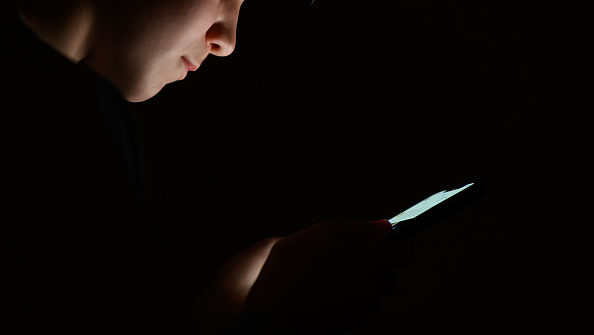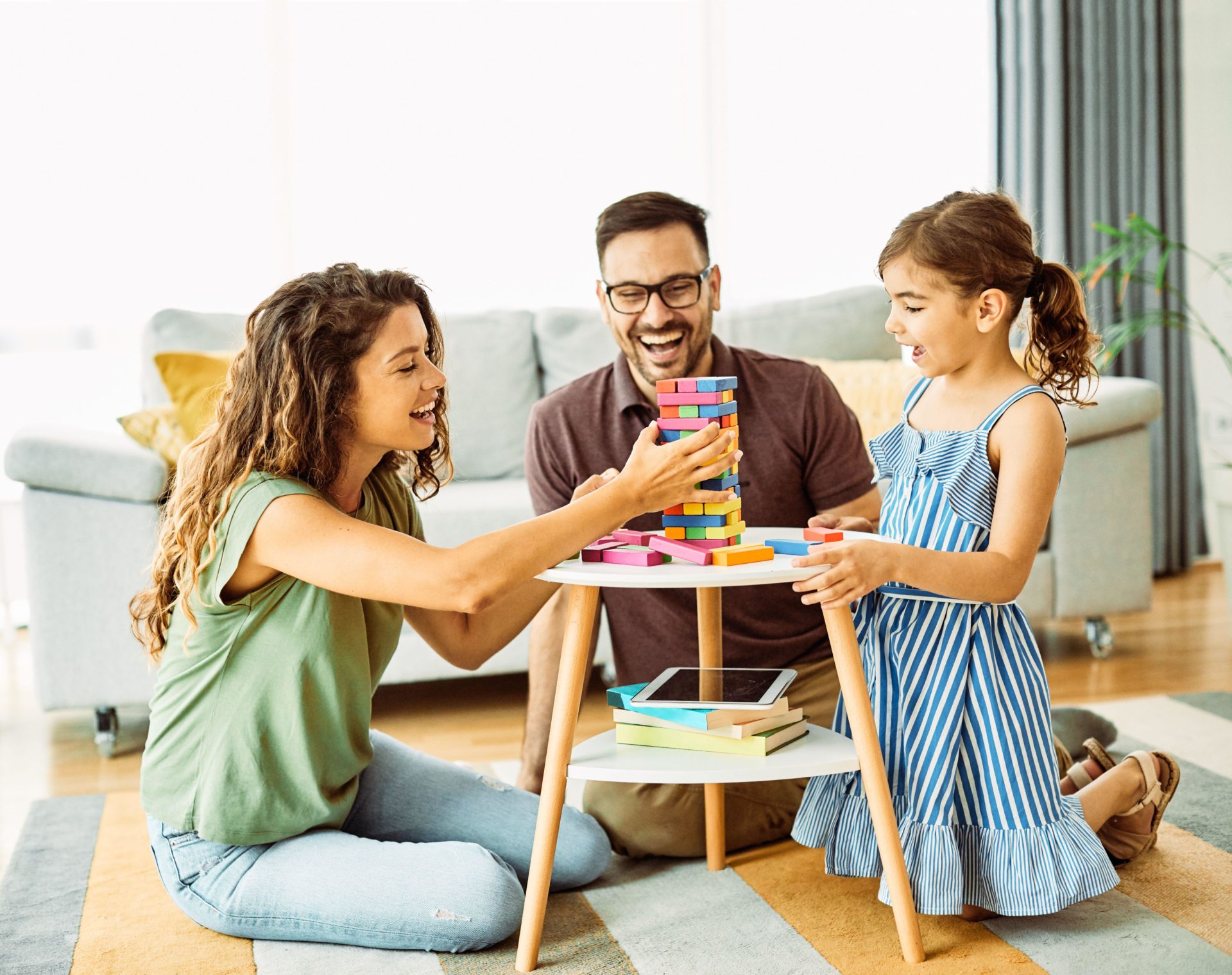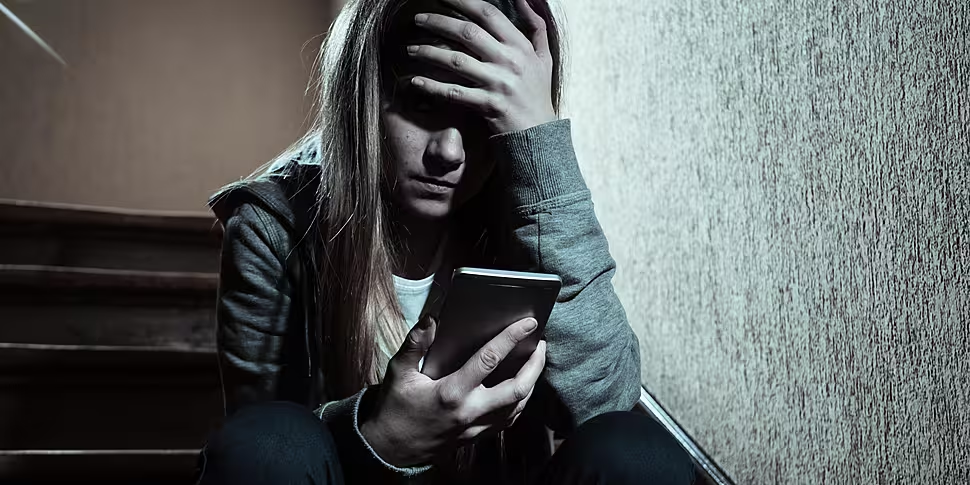New findings show that 82% of primary school-aged children have unsupervised access to smart devices in their bedrooms.
That’s according to new research carried out by CyberSafeKids to mark Safer Internet Day.
Of the 32% of children who admitted to having been bothered or upset by something they experienced online last year, only half spoke to a trusted adult.
In conversations conducted with respondents as part of the survey, many children admitted that they slept with their phone under their pillows.
 A teenage child looks at the screen of a mobile phone. (Photo by Leon Neal/Getty Images)
A teenage child looks at the screen of a mobile phone. (Photo by Leon Neal/Getty Images)Clinical psychologist and adjunct associate professor at UCD Dr David Coleman told Newstalk Breakfast that many parents are “genuinely naive about the dangers out there”.
“There are also parents who are completely negligent in terms of how they’re approaching the issue,” he said.
“But then the negligence, it’s not a sin of commission, I think it’s a sin of omission really.
“They probably just don’t know what it is that their kids could be exposed to - I mean porn is a big one.
“But as soon as you let your child online unsupervised, you’re letting strangers have access to them.”
'Don't give them a smartphone'
When it comes to general guidelines, Dr Coleman said to never give a primary school child a smartphone.
“If you want to have something to contact them, if they’re walking home from school and son on and you want to have an old flip phone or whatever it might be, that’s fine,” he said.
“I’d get a ‘blokia’ for them – but don’t give them a smartphone, that would be my number one thing.
“The second thing is there’s no reason for your child to ever have their phone in the bedroom – not during the day, not at nighttime.
“Always have any kind of an internet enabled device in a public area of the house.”
 Family board game. Image: Rightdisc / Alamy. 28 June 2020
Family board game. Image: Rightdisc / Alamy. 28 June 2020Dr Coleman said it is also important to engage your children in conversation about what they are seeing online.
“A non-judgemental conversation means that if they do come across something that distresses them, then they’re much more likely to come and tell you about it,” he said.
“Then you might be able to support them with whatever stress it’s causing.”
Dr Coleman will be hosting a free online internet safety event alongside the CEO of CyberSafeKids Alex Cooney on Wednesday, February 26th.
Registration for the event as well as further internet safety information can be found online at CyberSafeKids.ie.
Main image: Teenager girl sitting on stairs with dark light, 20-03-2019. Image: Samuel wordley / Alamy









